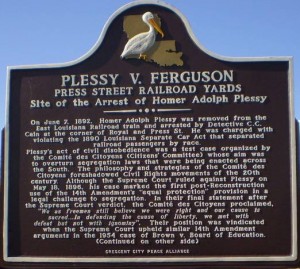Obama Clemency Grants Pick Up Steam
Somewhat lost amidst the wall-to-wall media coverage of the Clinton and Trump campaigns, President Barack Obama commuted the sentences of 111 federal prisoners on August 30. This builds on what has quietly become one of Obama’s most significant end-of-term domestic policy initiatives. He has now commuted 673 sentences, more than the previous ten presidents combined. The August 30 grants, however, had special significance for me and a small group of recent Marquette Law School graduates.
Commutation (that is, a reduction in the severity of a criminal sentence) is a form of executive clemency. The Constitution expressly grants clemency powers, and presidents since George Washington have used these powers in a variety of different ways. In recent decades, though, there has been a certain whiff of disrepute surrounding clemency. Reinforcing the negative perceptions, President Bill Clinton’s pardon of financier Marc Rich and President George W. Bush’s commutation of the sentence of I. Lewis “Scooter” Libby seemed to confirm that clemency was mostly used to benefit wealthy, powerful defendants.
The Obama Administration, however, envisioned a very different way to use clemency.

